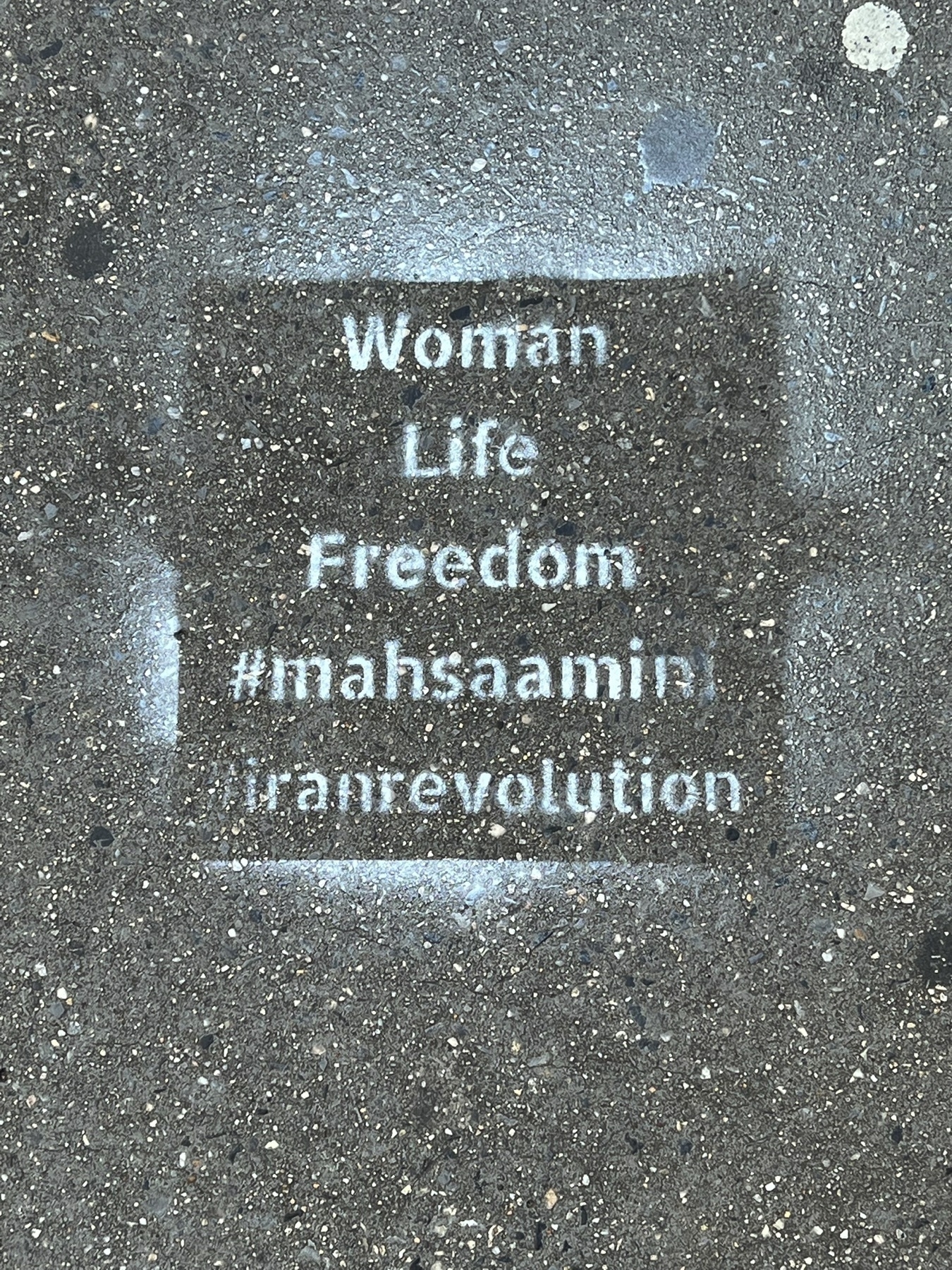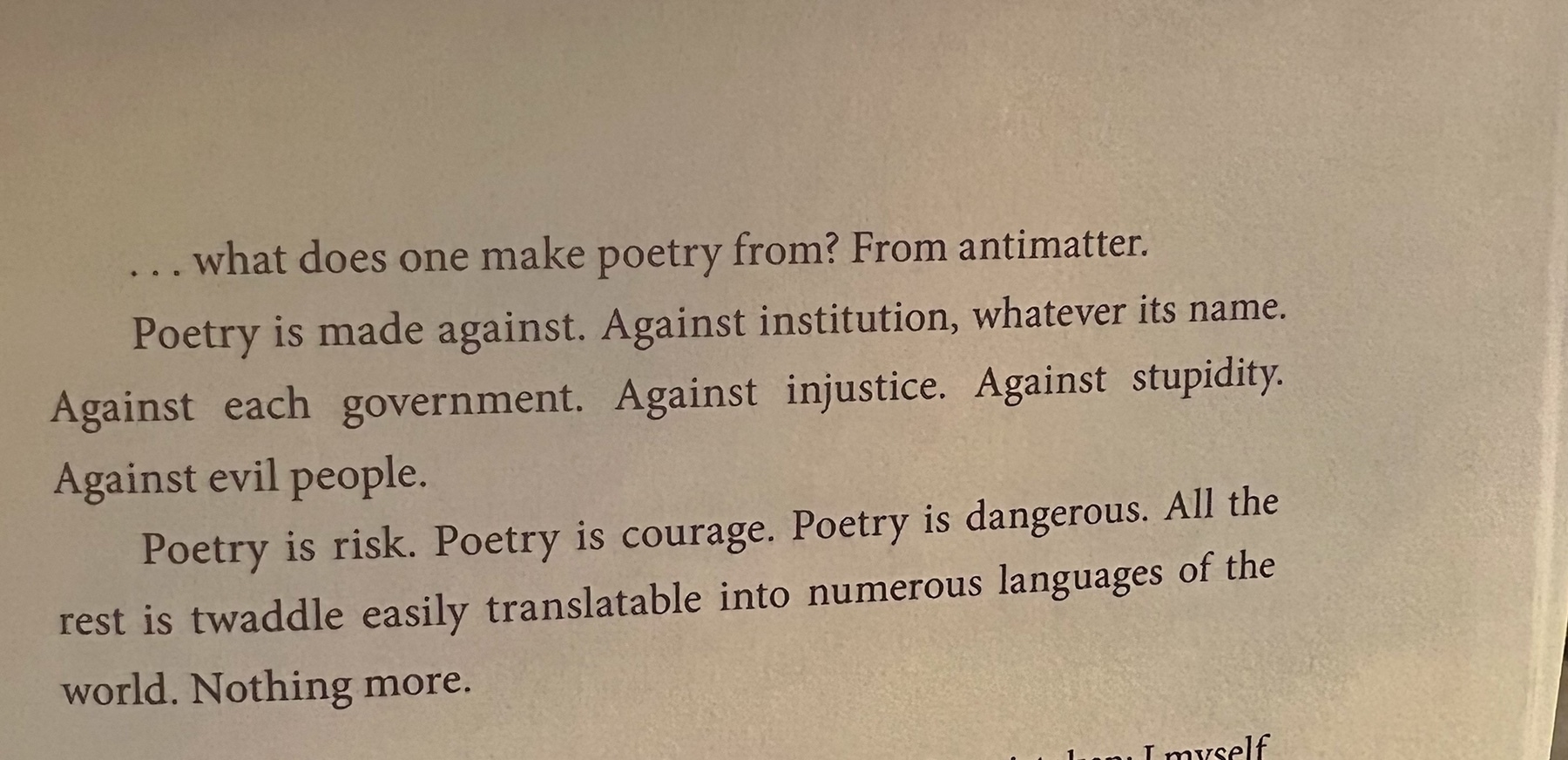Well before and well after 1712, the body was thought to suffer from bad behavior. Medicine had always been something of a moral guide, a kind of ethics of the flesh. That role increased dramatically in the eighteenth century as moral norms became, at least in progressive circles, rooted more in nature and taught in school, the world of physicians and pedagogues, and less in divine authority and preached in church, the province of priests or pastors. In this context, it is not surprising that cultural anxieties were translated into disease: diseases of civilization, for example, caused by a variety of bad things—too much luxury, too much mental activity and not enough exercise, too much sympathy or too much novel reading, which stirs up the body and its nerves, or diseases that followed upon too much sexual activity…The fundamental question, therefore, is not why sometime around 1712 masturbation came to be regarded as a medical problem or why around 1920 it stopped being thought to cause disease. More puzzling is why solitary sex in particular became so troubling a moral problem at precisely the time when sexual pleasure itself was enjoying ever more secular approval.
–Thomas W. Laqueur, Solitary Sex: A Cultural History of Masturbation



